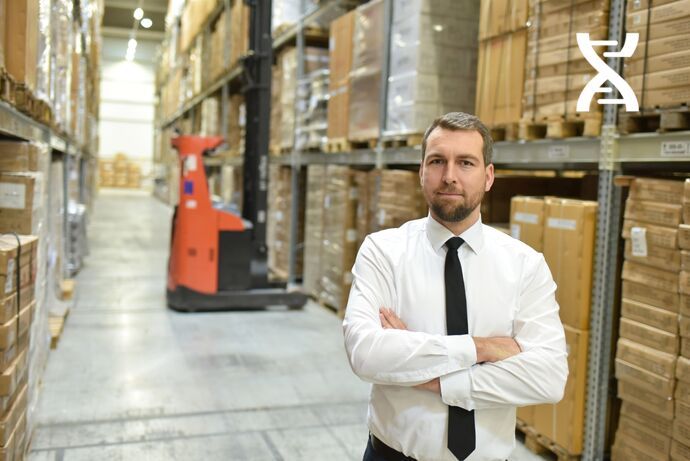Why call in a logistics consultant?
Ensuring the long-term viability and development of your business is the goal of every manager. However, this sometimes requires a rethink, which is never easy to implement, whether it's to improve internal practices or to stand out from the competition Consulting firms were set up for just this purpose, and we shouldn't be fooled into thinking that they are only involved in marketing. Today, it's easy to find a specialist in your field who's ready to carry out an audit of your company and its business. This is an investment that will improve operational performance, for example by improving lead times, quality or reducing costs, or even expanding your business. This choice always pays off, and the return on investment can sometimes be very rapid. Indeed, some inexpensive changes can generate instant benefits, by applying best industry practice, or by making better use of software already in use.
Calling in a logistics consultant: the different stages
The first step is to choose the right consultant. Today, it's easy to do targeted research on the Internet, but it's always worthwhile to cross-check your results with direct feedback. Questioning your suppliers and customers, or conducting a competitive intelligence survey, should help you identify specialists in your geographical area. It is also possible to recruit further afield, or even to take a broader view by turning to a more generalist consultancy, but this is likely to prove more costly without being able to provide you with more guarantees. As the human factor is paramount, it's best to focus on local and/or specialized resources.
The second stage is the audit itself. Its duration varies according to budget, scope and objectives. It is essential that the latter be well defined and clearly expressed. At the end of the audit period, the consultant issues a report which generally consists of 2 parts: on the one hand, an analysis of the current situation, backed up by figures, and on the other, proposed areas for improvement or development.
The third and final stage usually takes place after the consultant's departure, when the manager and/or management team must turn the advice received into guidelines. However, some logistics consultants can help you with the steps you need to take, both upstream of your activities (positioning your company, drawing up your commercial offer and price list, drafting specifications, etc.). Others can intervene during your activities, such as the purchase of new equipment or the installation of new software. For example, a WMS (Warehouse Management System) specialist can oversee the installation of your new inventory management software, helping you to get to grips with it and configure it.





